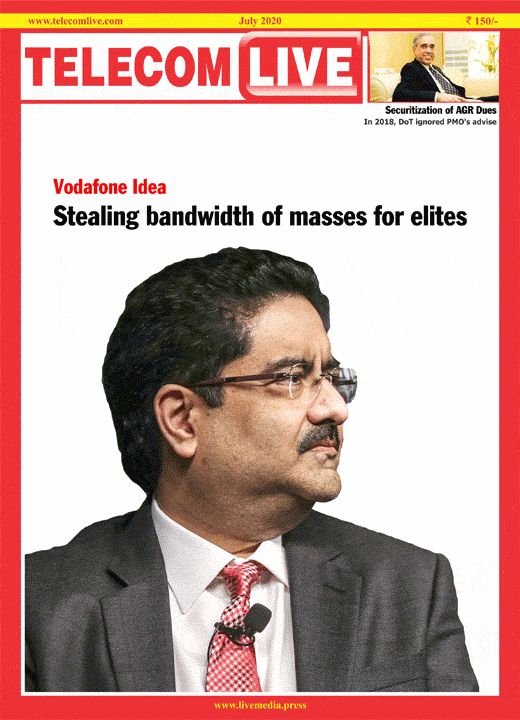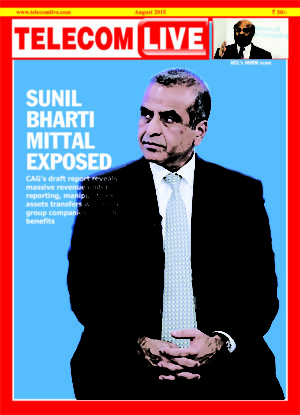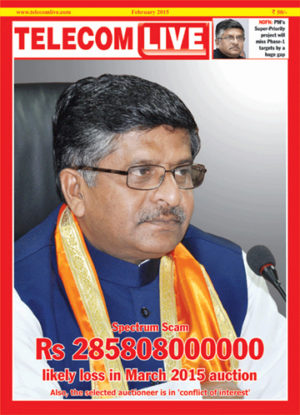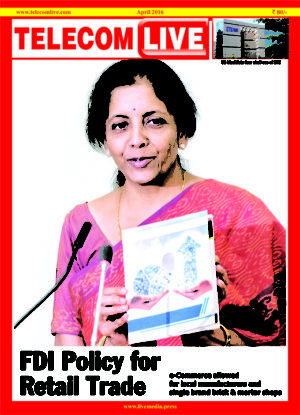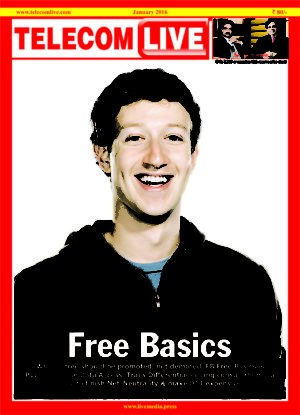Airtel has justified the creation of fast lanes for a price and likened it to fast tags and separate lanes available for a premium on highways. It does not stop here, it weaves this example further and say customers with no fast tags have to wait longer, the government promotes priority.
Effectively what Airtel is saying is, throttling of data speeds for masses is okay, the government allows priority services. This new data tariff regime that is being established – fast lanes for the elites and slower data speed for the masses – has to be agitated against. It is bad in spirit and harsh in intent. It is an affront to equality of access. It is segregationist and most certainly anti-New India. What then is ethics of New India? How are the underprivileged and low-income group students to access online school education if networks reflect reduced signal strength and data buffering. The mobile is the device for education, it is not the laptop. Digital access for most is a 4G connection not a Wi-Fi, which is very expensive. Do the operators want majority of Indian students to drop out of the school system? Many such examples can be given if priority / fast lane services are allowed to be operational.
All along, operators had been telling Trai that there can be no data speed assurances for mobile subscribers due to technical reasons. So, when Airtel announced this service in early July, Trai sought details. Airtel’s response revealed that Vodafone-Idea had already a similar scheme in operation called RedX since November 2019. Vodafone-Idea had filed the tariff details in a manner that it evaded Trai’s notice. So, after Airtel’s disclosure Trai asked Vodafone-Idea for the details. Trai issued directions to both operators to stop enrolment of new subscribers until it completes examination of issues involved. Airtel has complied. Vodafone idea has challenged it. The matter is being heard by TDSAT, which in its interim order has stayed Trai’s interim order and asked the regulator to complete the investigation and give their final decision. Many consumers organizations have also filed cases before TDSAT against such throttling practices.
